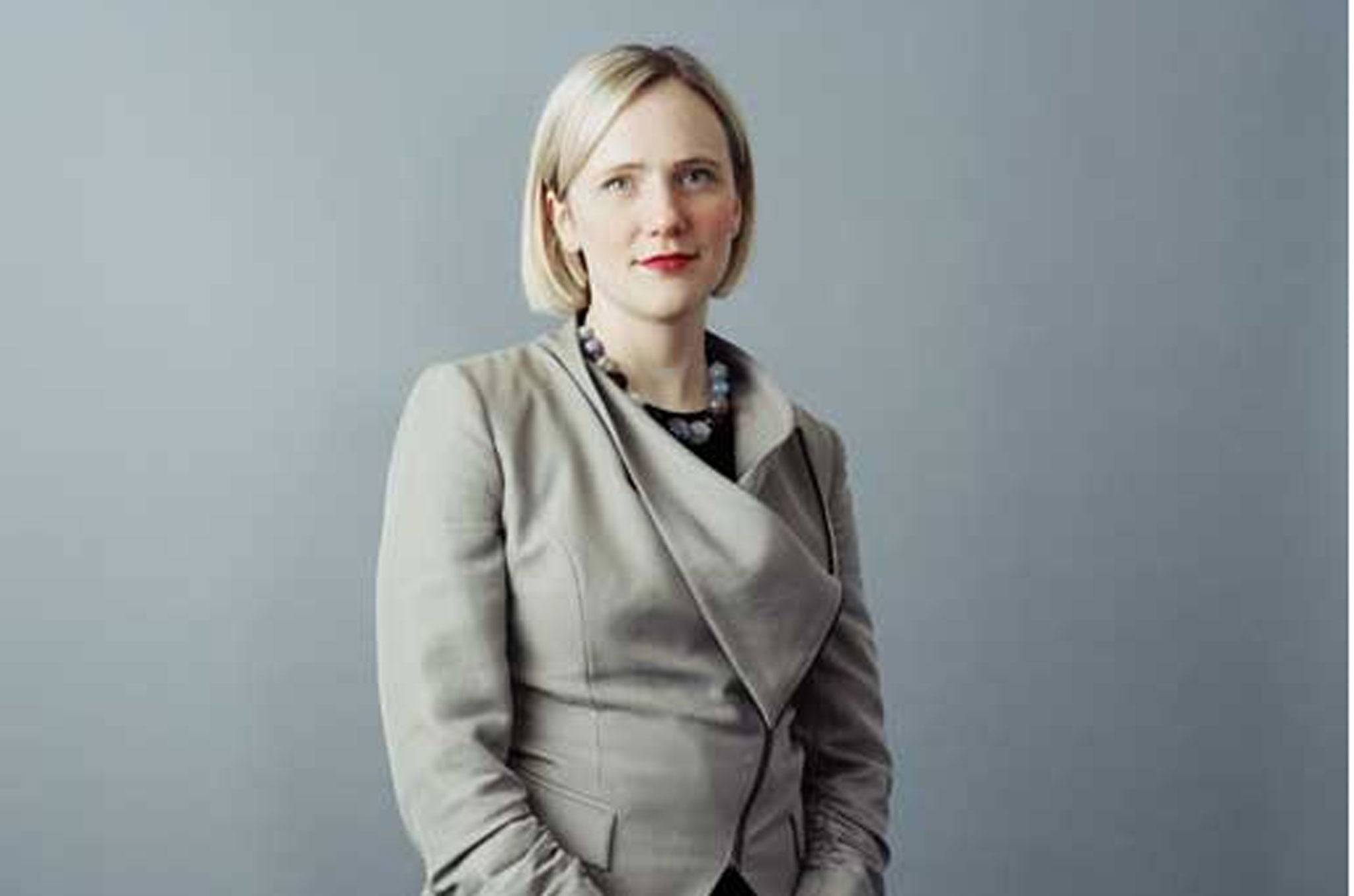
Your support helps us to tell the story
From reproductive rights to climate change to Big Tech, The Independent is on the ground when the story is developing. Whether it's investigating the financials of Elon Musk's pro-Trump PAC or producing our latest documentary, 'The A Word', which shines a light on the American women fighting for reproductive rights, we know how important it is to parse out the facts from the messaging.
At such a critical moment in US history, we need reporters on the ground. Your donation allows us to keep sending journalists to speak to both sides of the story.
The Independent is trusted by Americans across the entire political spectrum. And unlike many other quality news outlets, we choose not to lock Americans out of our reporting and analysis with paywalls. We believe quality journalism should be available to everyone, paid for by those who can afford it.
Your support makes all the difference.As of this January, woman will occupy more seats than ever in the US Congress. Various theories abound as to why this is, most popularly, that controversial Republican comments on rape and abortion sparked a backlash, but Jennifer Lawless of American University has a better idea: media bias against women is on the decline.
"For decades, observers have noted that women running for political office are portrayed in the media in ways that are consistent with gender stereotypes," writes Danny Hayes in the Washington Post. "Long before Sarah Palin,research had shown that female candidates tended to receive less attention in the news and were often covered in a fluffier fashion – with an emphasis on their appearance (Elizabeth Dole’s nails, anyone?), personality, family roles, or “feminine” traits, such as compassion and honesty. Men, on the other hand, were more likely to be portrayed as experienced, competent leaders."
However, a detailed analysis of coverage during the 2010 US midterm elections showed "virtually no gender differences whatsoever." As well as changing public attitudes to women, the researchers credit the changing tone of media coverage to increasing polarisation in American politics - given the vast ideological divide between parties, gender seems less relevant.
This suggests the effects may not be felt as soon in Britain, where there is a different political context.
Join our commenting forum
Join thought-provoking conversations, follow other Independent readers and see their replies
Comments